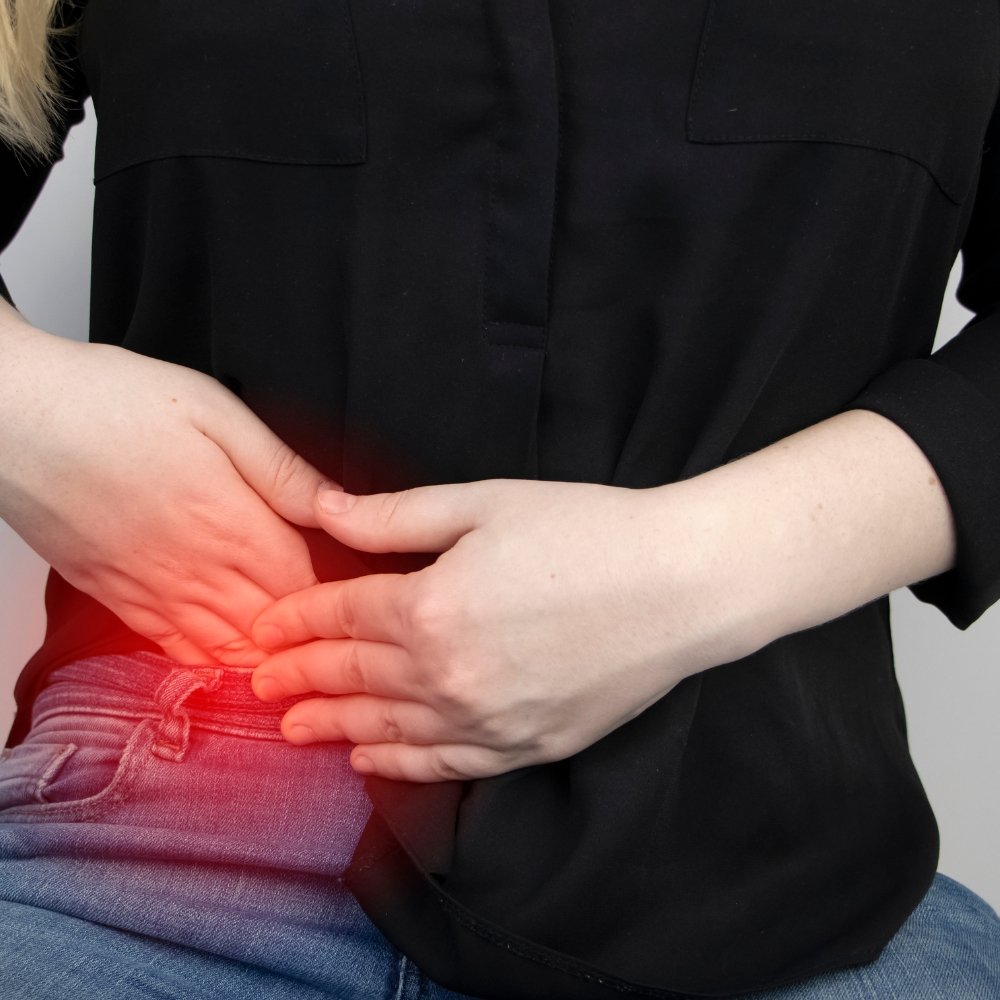Pancreatic Stones
It is develops from calcium deposits in the pancreas, can block the flow of digestive enzymes from the pancreas to the small intestine. They occur mostly in an individual with chronic pancreatitis; an inflammatory condition commonly associated with long-term alcohol addiction
What Are Pancreatic Stones?
The pancreas is a major organ that produces digestive enzymes and releases insulin and glucagon to control blood sugar levels. Pancreatic stones block these hormones from entering your bloodstream, which may lead to several harmful health issues. In addition to pancreatic stones, gallbladder stones can also block the flow of enzymes by blocking the common bile duct.
- The pancreas loses its ability to secrete digestive enzymes and hormones that control blood sugar levels when the stones block the pancreatic duct (which connects the pancreas with the small intestine).
- People with pancreatitis are more likely to develop pancreatic stones. This is a pancreatic inflammatory and irritant condition. Acute and chronic are two types of pancreatic. The treatment method will vary depending on the type of pancreatitis.
Acute and chronic Pancreatitis
Acute pancreatitis is a short spell of acute inflammation. It can cause anything from minor pain to a serious, possibly deadly illness. After receiving the necessary treatment, the majority of people with acute pancreatitis fully recover. Acute pancreatitis can, in extreme situations, result in bleeding, severe tissue damage, infection, and cysts. Other important organs like the heart, lungs, and kidneys can also suffer damage from severe pancreatitis.
Chronic pancreatitis is chronic inflammation. After an episode of acute pancreatitis, it frequently occurs. Another major matter is long-term, excessive alcohol usage. Excessive drinking can damage your pancreas, and that may also take years to show symptoms before suddenly developing severe pancreatitis symptoms.
What Causes Pancreatic Stone?
The most common causes of Pancreatic Duct Stones include Islet cell tumors, hyperparathyroidism, and alcohol-related pancreatitis. And, after repeated episodic attacks, the pancreas gradually atrophies, calcifies, and forms stones. First, there is inflammation. As the condition worsens, diabetes comes into play. In some circumstances, cancer is the end outcome.
Symptoms of Pancreatic Stone
Pancreatic duct stones commonly occur due to pancreatitis episodes. Pancreatic stone symptoms and signs are:
- Discomfort in the upper left side or middle of the abdomen.
- Jaundice
- Nausea and vomiting
- Clay-colored feces
- Unable to lie on the back without feeling pain
- Back pain after eating fatty foods
- Bloating
- Diabetes
- Fluctuations in blood sugar level
Treatment Available for Pancreatic Stone
Pancreatic Stone Treatment aims to control the condition and lessen any symptoms.
Lifestyle changes:
- Avoiding alcohol
Stopping your alcohol consumption is the most crucial thing you can do, even if it isn’t the root of your condition. This protects your pancreas from any further harm and could lessen the pain.
If you continue to consume alcohol, you are more likely to develop pain that stops you from carrying on with your regular activities
- Changes in diet
You may need to change your diet because pancreatic stones can make it challenging for you to properly digest certain foods.
It is usually recommended that you follow a low-fat, high-protein, high-calorie diet and take a supplement containing fat-soluble vitamins. However, before considering any dietary changes, consult with a medical expert.
- Smoking
If you smoke daily, you should stop this addiction right away. Smoking can speed up the damage caused by pancreatic stones. Further, it may hinder your pancreatic function.
You can take an anti-smoking remedy like nicotine replacement therapy (NRT) or bupropion, a drug that reduces the urge to smoke.
- Enzyme supplements
You may be prescribed pancreatic enzyme supplements to enhance the effectiveness of your digestive system.
Surgery
The most popular procedure for treating stones in the pancreatic duct is Endoscopic Retrograde Cholangiopancreatography (ERCP). It is a minimally invasive process that gives top-notch outcomes.
- However, additional procedures are needed to remove bigger stones. Surgery used to be the only accessible treatment. With the development of medical technology, lithotripsy has become an additional option.
- This technique has recently become very popular for the removal of pancreatic stones in addition to kidney and gallbladder stones. It uses shock waves to shatter the stones into very little fragments so they can pass through the pancreatic duct with ease.
Final Thoughts
Pancreatic stone susceptibility varies among patients. In either case, the digestion process is entirely dependent on the pancreas, a crucial organ in the body. In addition to acute and chronic pancreatitis, untreated pancreatic stones can cause other diseases.
Pancreatic stone removal is now quite simple due to modern technology. Find out whether you have pancreatic stones, get checked out, and start treatment as soon as you can.

